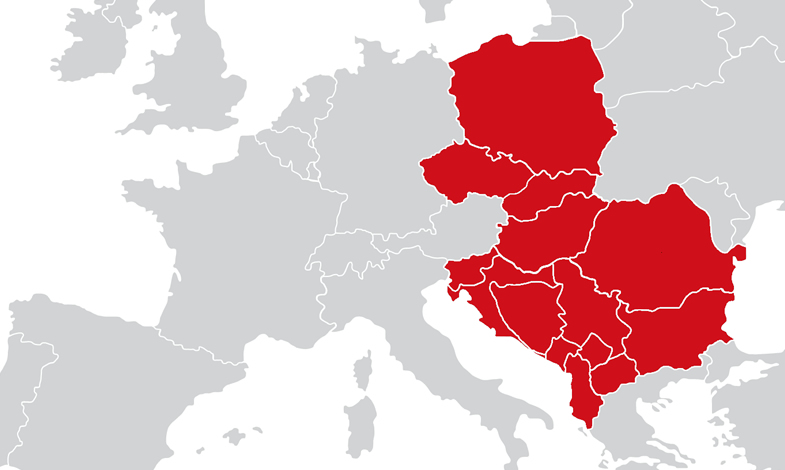Thursday, 19/02/2026 | 05:28 GMT+7
INTENSE aims at transferring intelligent energy saving measures for municipal housing from “old” EU Member States to “new” Member States and Accession countries in Central and Eastern Europe. The project is implemented in 12 countries by 28 partners representing multiplier organizations, municipalities and project experts.

Built on a holistic approach for planning of energy optimized housing, the project comprises an analysis of legal preconditions, experience exchange on best practice examples, development and implementation of training programmes, pilot planning activities at partner municipalities, and public awareness raising. Increased capacities of local authorities will be an investment to the future for influencing new housing development at legislative, technical and planning level as well as guiding consumer behaviour towards efficient energy use. Experiences and lessons learned within the project will be further disseminated across Europe:
- Reflected learning process, pros and cons of different approaches to holistic planning of new buildings resulting from 13 concepts at partner municipalities for an energy optimized housing planning including an implementation plan, e.g. investment planning and source analysis, as well as communication exercises at municipalities.
- Enhanced development of knowledge and skills of different stakeholders in the building process (planners, architects, engineers, craftsmen, municipal advisors) by carefully assessed training needs of different stakeholder groups and elaborated set of training programmes and materials fitting especially for Central and Eastern European conditions.
- Selected set of best practice examples from Germany and other “old” EU Member States on energy saving measures at buildings under the view point of their applicability in Central and Eastern Europe; developed adaption scenarios for these best practice options including modifications and practical implementation guidance.
- Developed public awareness raising strategy and public information toolkits for municipalities for guiding of consumption patterns of inhabitants towards energy saving measures in buildings in Central and Eastern European Countries.
- Assessed legal background and improvement potentials at local level based on the international comparison of by-laws, rules and technical standards set at municipalities.
Although the project has not been completed it is possible to draw the following preliminary conclusions:
- Assessing the national and local implementation of the Directives (EPBD and ESD) in the target countries it is identified that municipalities mostly do not have a clear picture on their role and duties related to energy efficiency aspects at local level. Guidelines for local level as well as international and national experience exchange activities in further project implementation stages shall serve to better understanding of requirements and motivate municipalities for taking the active role
- A passive house standard currently is taken as the best practice in energy efficient construction. Although, development of adaptation scenarios for best practice options will have to consider environmental, socio-economic and technical criteria as crucial in Central and Eastern Europe.
Truong Duy








 Consultation on the methodology for developing and updating energy consumption standards for four major industrial sectors
Consultation on the methodology for developing and updating energy consumption standards for four major industrial sectors
 Opening of the 2025 Energy-Efficient Equipment and Green Transition Exhibition Fair
Opening of the 2025 Energy-Efficient Equipment and Green Transition Exhibition Fair
 Energy-saving solutions and green transition promotion
Energy-saving solutions and green transition promotion
 The 9th VEPG Steering Committee Meeting: Strengthening Coordination for Viet Nam’s Just Energy Transition
The 9th VEPG Steering Committee Meeting: Strengthening Coordination for Viet Nam’s Just Energy Transition